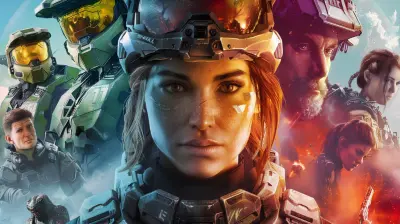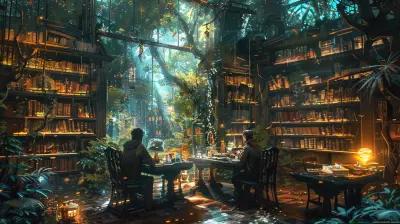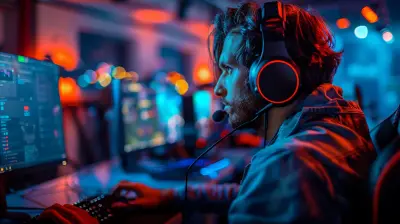The Importance of Dialogue Choices in Shaping Your JRPG Experience
29 May 2025
Ever felt like the words you choose in a game can carry the weight of the world? Yep, that's the magic of dialogue choices, especially in JRPGs (Japanese Role-Playing Games). JRPGs aren't just about grinding levels or pulling off flashy combos—they're also about diving deep into the story, connecting with characters, and making decisions that leave you questioning, “Did I just change the fate of an entire kingdom?”
Dialogue choices are more than a gimmick. They’re the lifeblood of the player's interaction with the narrative, and in JRPGs, they pack a hefty punch. Whether you're a seasoned JRPG fan or just stepping into these rich, story-driven worlds, let’s chat about why dialogue choices matter—and how they shake up your journey through these epic tales.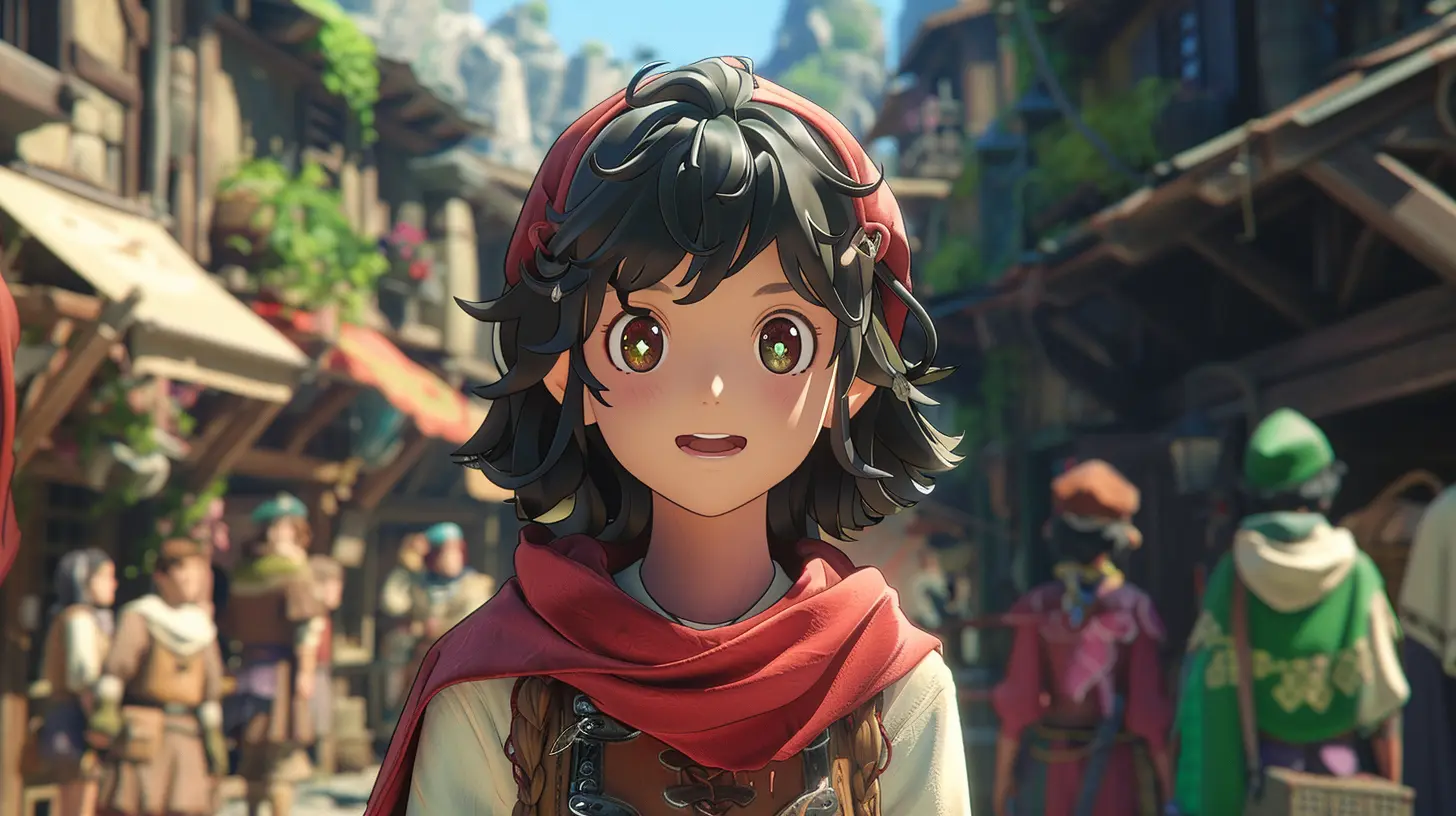
What Makes JRPGs Different?
For starters, JRPGs have this knack for storytelling. You know how some books pull you into their world and refuse to let you go? That’s how JRPGs are, but with the added bonus of interactive gameplay. They thrive on complex plots, memorable characters, and moral dilemmas that don't let you off the hook easily.But here’s the twist: the story isn't just handed to you on a silver platter. Your decisions—big or small—can shape the world around you. You’re not just watching the protagonist grow; you’re becoming them. It’s like steering a ship, where every turn takes you closer to a destination that feels personal. And a lot of that comes down to dialogue choices.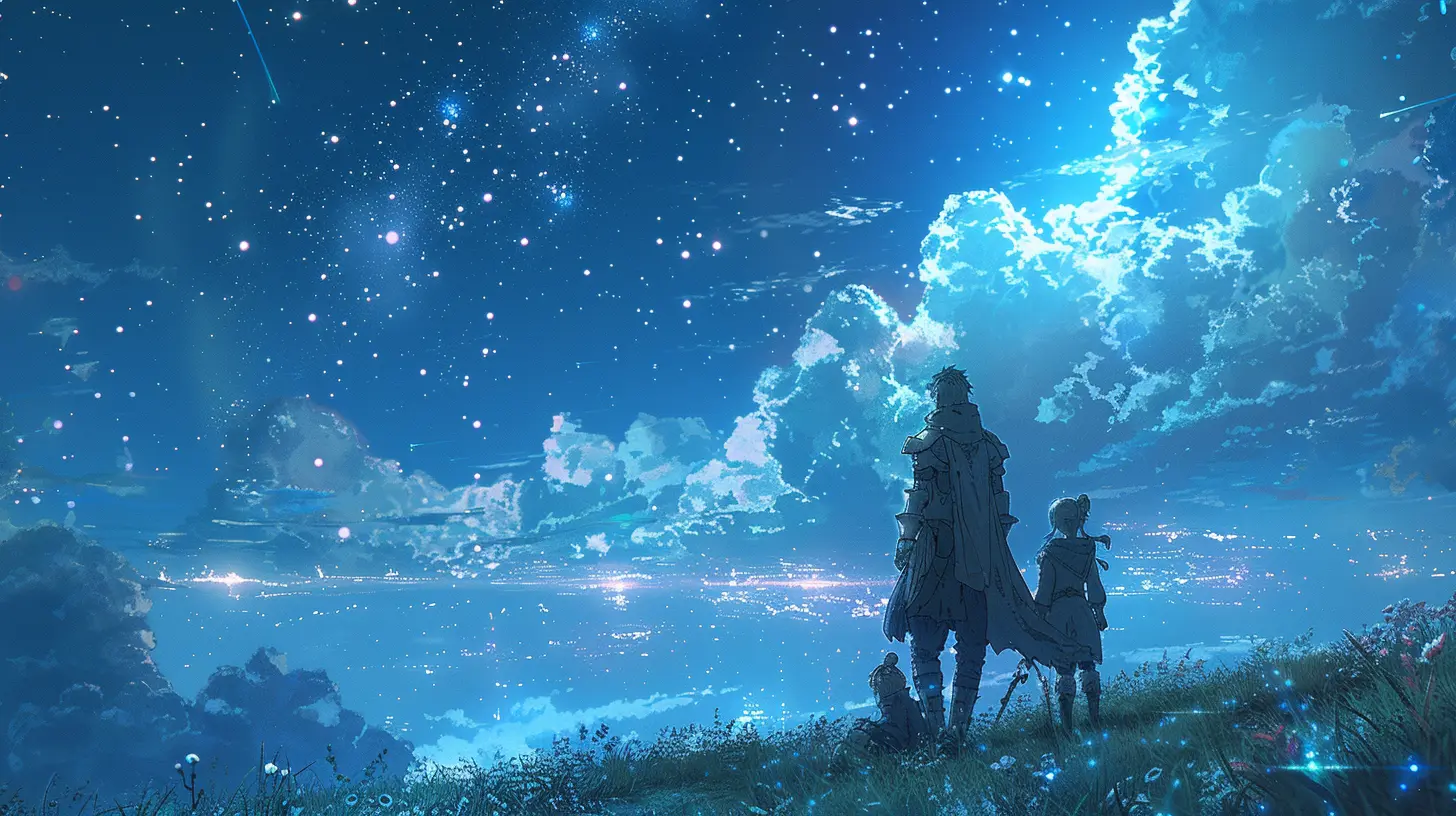
Why Dialogue Choices Matter in JRPGs
1. Customizing Your Story
Have you ever played a JRPG and thought, "This feels like it was made for me"? Dialogue choices are the reason. Instead of a one-size-fits-all story, these choices create little forks in the road that personalize your experience. They let you invest in the story in a way that feels real.Think of it this way: the game hands you a toolbox of responses. Are you the noble hero, the sarcastic anti-hero, or the silent enigma who lets their actions speak louder than words? Each choice colors the narrative in its own shade, making your journey truly unique.
Some JRPGs, like the "Persona" series, take this to another level. The way you interact with friends and allies—right down to the words you use—can strengthen bonds and even influence gameplay mechanics. It's not just about progressing the story; it’s about syncing your choices with the protagonist’s personality. And honestly? That’s what makes it feel alive.
2. Building Emotional Connections
Dialogue choices aren’t just about driving the plot; they’re about creating moments that stick with you. Did you ever have a character confess their struggles and feel like your response actually mattered to them? That’s how JRPGs build emotional depth.Take a game like "Final Fantasy XIV," for example. When you’re given dialogue prompts during heartfelt scenes, it’s not just fluff. It’s your chance to respond to characters who’ve grown alongside you. Those moments? They hit harder than any boss fight.
And it doesn’t stop there. JRPGs often explore deep themes—loss, sacrifice, hope, redemption—and your choices can determine how the story tackles those themes. It’s like having an invisible dialogue with the game itself. You’re not just a spectator; you’re a co-author.
3. Influencing World-Building
JRPGs have some of the richest worlds in gaming, and your dialogue choices help shape them. Imagine you’re playing a political drama (hello, "Fire Emblem") where every decision influences alliances, rivalries, and even wars. That’s not just thrilling—it’s empowering.Even in smaller, more personal narratives like "The Legend of Heroes: Trails" series, your responses can have wider implications. Say the wrong thing? You might lose an ally. Show compassion? You might unlock hidden dialogue or earn someone’s trust. Your words ripple outward, affecting not just the main story but the entire ecosystem of the game.
It’s like tossing a pebble into a lake. A small act—one choice—creates waves that touch everything. And who doesn’t love feeling like a puppet master controlling the threads of fate?
4. Multiple Endings and Replayability
Let’s be real: we all love a good “what if?” scenario. JRPGs often boast multiple endings, and your dialogue choices are the key to unlocking them. Want the happy ending? Or maybe the bittersweet one that leaves you questioning everything? It’s up to you.Games like "Chrono Trigger" and "Nier: Automata" are famed for offering a smorgasbord of endings. And while your actions and battles play a role, dialogue choices often tip the scale. What you say—or don’t say—can completely alter the fate of the world. It’s the ultimate “choose your own adventure” experience.
And here’s the kicker: all those alternate endings mean you’ll want to replay the game. You’ll crave those “what if?” moments, trying different responses just to see how the story unfolds. It’s like peeling back the layers of an onion—except instead of tears, you get pure joy.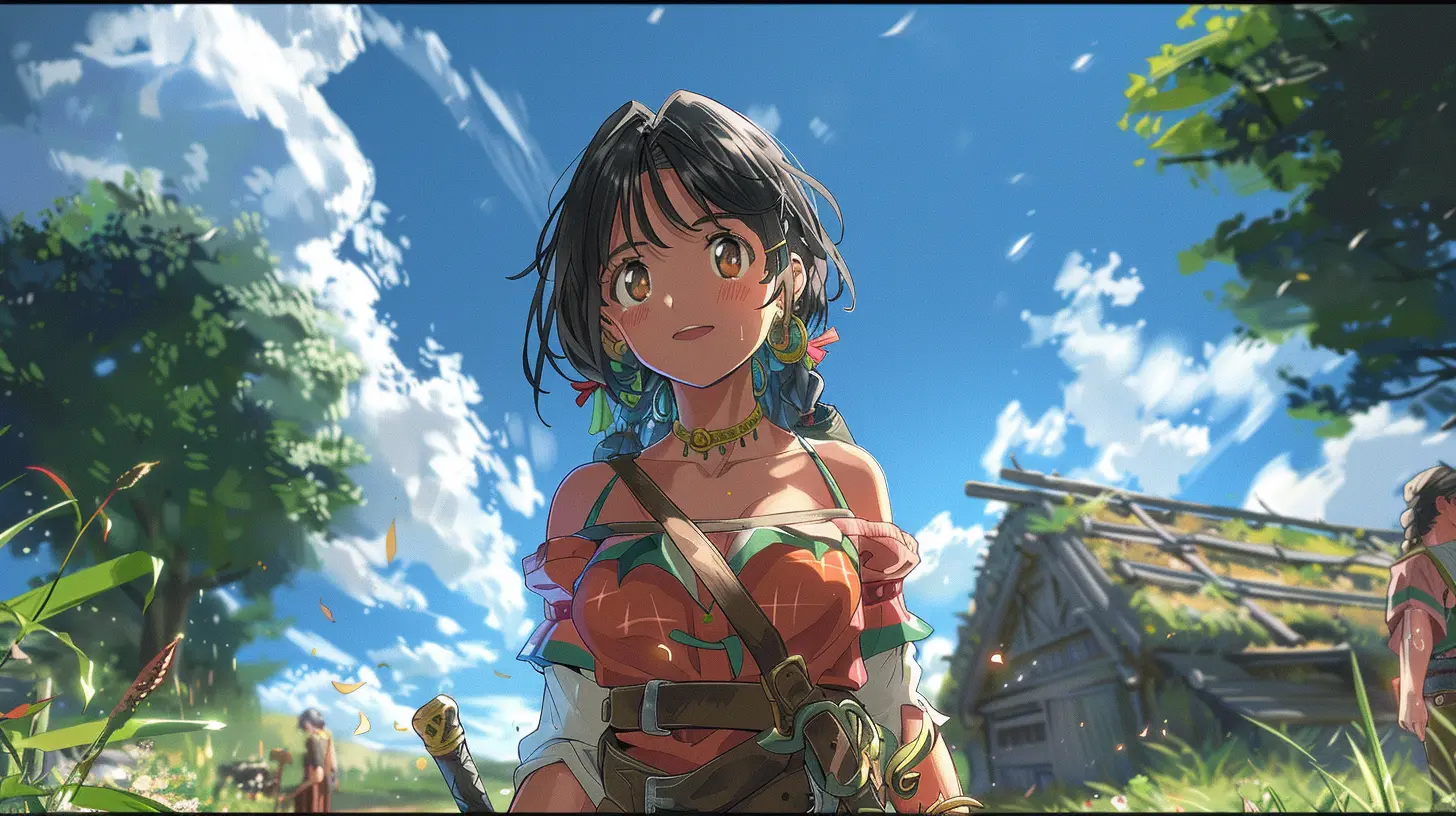
JRPG Dialogue Choices: Challenges and Rewards
The Challenge of Choice
Here’s the thing: making choices in JRPGs isn’t always easy. Sometimes, the consequences aren’t immediately clear. You might choose a kind response only to have it backfire spectacularly. Other times, being blunt and honest earns you unexpected respect. It’s a tricky balance, and let’s face it, we all second-guess ourselves at some point.But that’s also the beauty of it. Life isn’t black and white, and JRPGs thrive in the gray areas. They force you to wrestle with uncertainty, much like real life. And isn’t that what makes them so immersive?
The Reward of Ownership
On the flip side, when your choices do pay off, it feels incredible. There’s nothing like seeing a character flourish because of something you said or experiencing an ending that feels like a culmination of your journey. It’s like planting seeds and watching a garden bloom. You’re not just playing a game—you’re leaving your mark on it.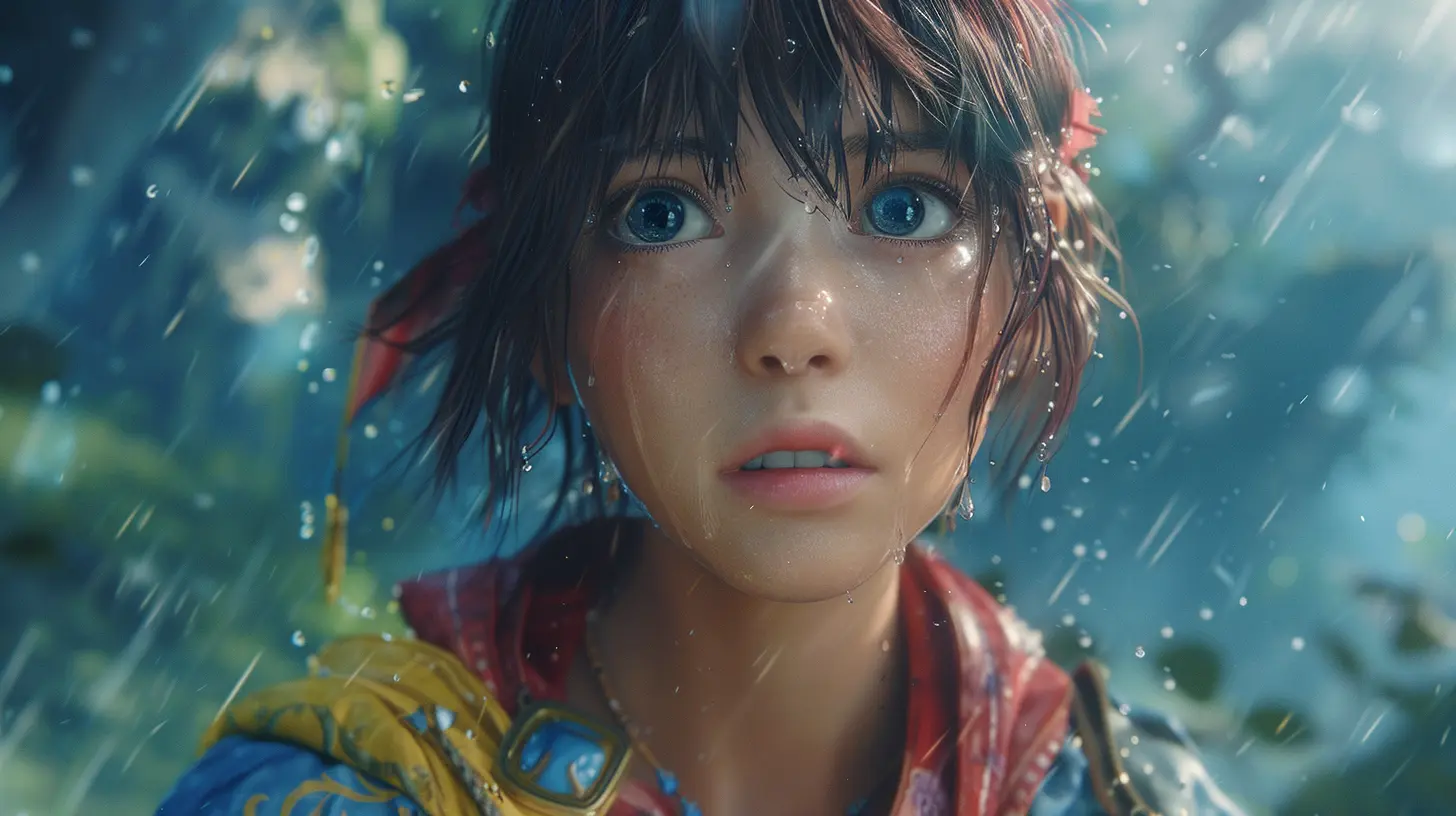
Games That Perfectly Nail Dialogue Choices
If you’re looking for some stellar JRPGs that masterfully incorporate dialogue choices, let me hook you up:1. Persona Series: Balancing school life and saving the world? Every dialogue choice shapes your friendships, romances, and even combat strategies.
2. Mass Effect (Technically a Western RPG but with JRPG vibes): Famous for its branching dialogue paths and character-driven story arcs.
3. Final Fantasy XIV: Even as an MMO, your responses during key story moments define how characters perceive you.
4. Fire Emblem: Three Houses: Your dialogue choices sway relationships and decide the fate of warring factions.
5. Undertale: While not a traditional JRPG, this indie gem makes every word count, influencing the entire narrative.
Final Thoughts: Why Dialogue Choices Keep Us Coming Back
At the end of the day, dialogue choices are the heart and soul of a great JRPG. They’re what make these games more than just stories—they make them personal journeys. Whether you’re forging friendships, toppling empires, or just figuring out who you want to be, the words you choose are your compass.And the best part? No two players will experience the game the same way. Your choices make the story yours, and that’s a kind of magic no other genre can offer. So the next time you’re faced with a dialogue prompt, don’t panic. Embrace it! Because in the world of JRPGs, your words truly matter.
all images in this post were generated using AI tools
Category:
JrpgsAuthor:

Kaitlyn Pace
Discussion
rate this article
3 comments
Lily Strickland
Dialogue choices are pivotal in JRPGs, as they not only drive the narrative but also enhance player agency. By allowing players to shape their character's journey, these choices create a more immersive experience, fostering emotional connections with the story and its characters.
June 13, 2025 at 3:29 AM

Kaitlyn Pace
Absolutely, dialogue choices are crucial in JRPGs! They not only influence the story but also deepen player engagement and emotional investment in the characters and their journeys.
Henry Snow
Dialogue choices are crucial in JRPGs, enhancing immersion and personal connection. They empower players to forge unique narratives, making each decision impactful and shaping an unforgettable gaming experience. Embrace the dialogue!
June 9, 2025 at 3:57 PM

Kaitlyn Pace
Absolutely! Dialogue choices truly elevate the JRPG experience, allowing players to craft their own stories and deepen their connection to the game. Every decision counts!
Christopher McIntire
Great article! Dialogue choices really do transform our JRPG journeys, adding depth and personal connection to the story. It's amazing how a few words can change everything! Keep up the fantastic work!
June 9, 2025 at 2:33 AM

Kaitlyn Pace
Thank you so much! I'm glad you enjoyed the article and appreciate the impact of dialogue choices in JRPGs!
